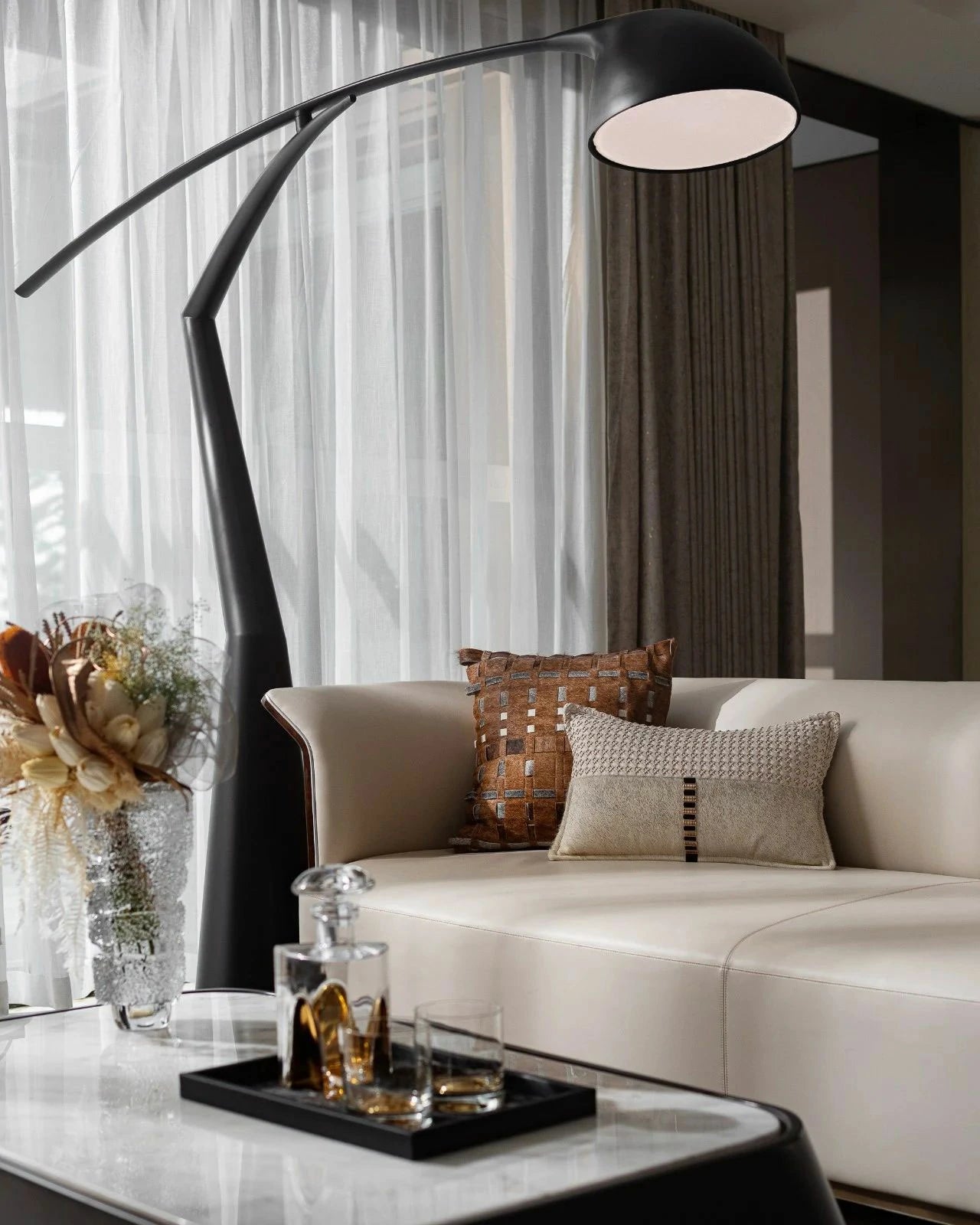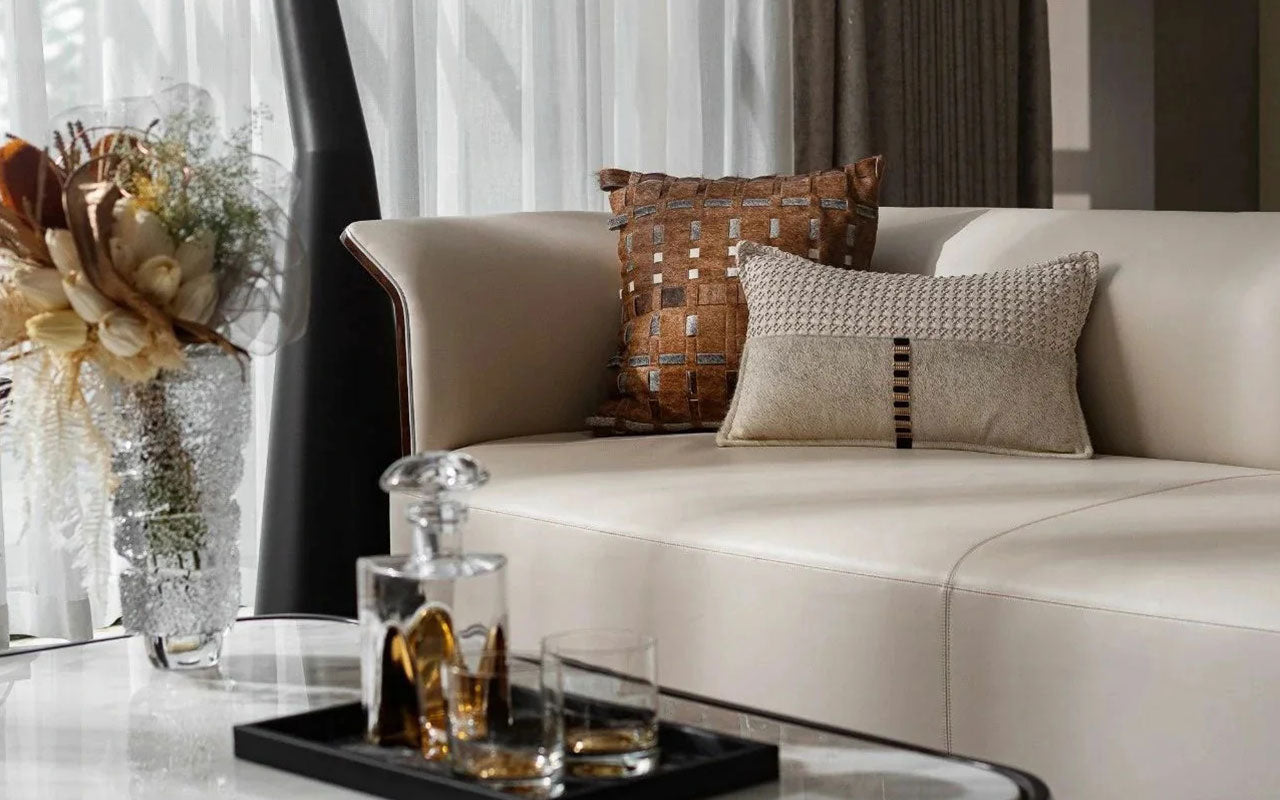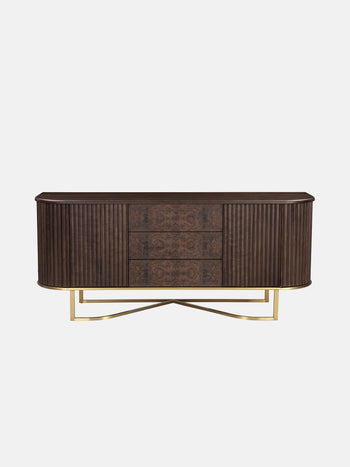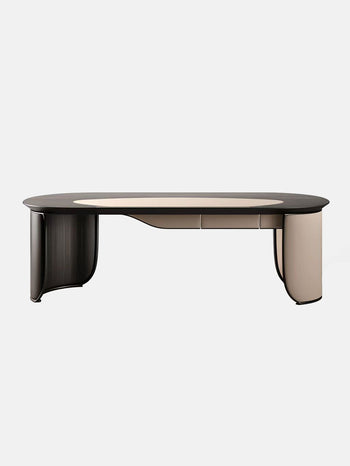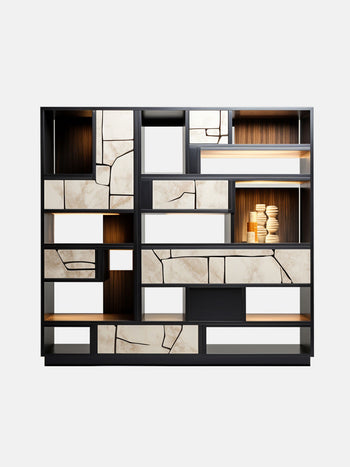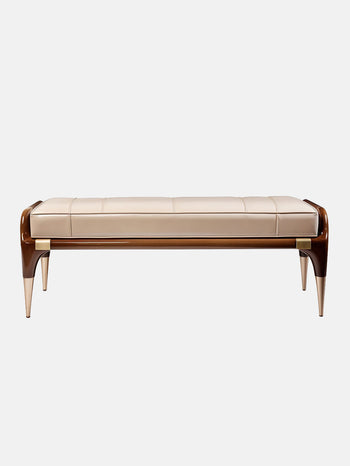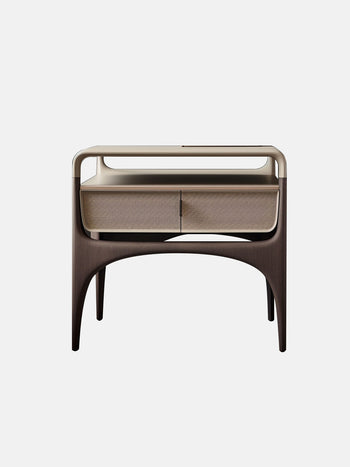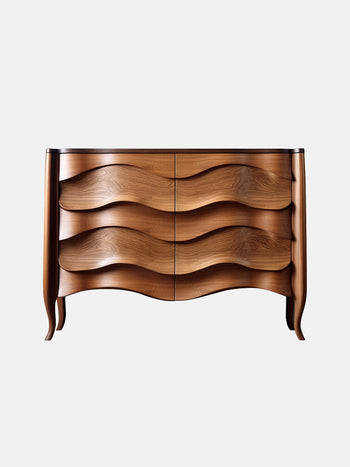The Poetics of Haipai Aesthetics: How an Oak Bedstead Interprets the Grammar of Overlapping Spatiotemporalities

Introduction
Where the whistle of the Huangpu River intersects with the murmuring currents of Suzhou Creek, the essence of Haipai spirit lies in its obsession with "spatiotemporal folding"—a fusion of historical gravity and modern lightness.

In this century-spanning dialogue, how does a piece of furniture anchor the flux of time?

This article dissects a floating bedstead imbued with oak’s soul and light’s pulse, unraveling how material collisions, structural deconstructions, and spatial narratives transform bedrooms into poetic theaters where past and present collide.

Living Room | The Bedstead’s Narrative Foreshadowing
Though not occupying the living room’s core, the oak bedstead’s DNA permeates the spatial fabric.

The curved staircase’s wooden grain echoes the bed’s oak frame, while faint golden striations on the cave-stone walls mirror the crepuscular light scripts hidden in the headboard.

When the sharp geometries of BENTLEY chairs meet the bedstead’s rounded contours at the corridor’s end, a covert spatiotemporal transition unfolds—historical heft (oak) and contemporary sharpness (geometric metal) achieve delicate equilibrium.

Dining Area | Material Clash as Spatiotemporal Theater
The dining room’s warm oak table shares its material language with the bedroom bedstead, yet differentiates through functional differentiation.

The table’s raw wood knots and axe marks evoke the weathered lintels of Shanghai’s Shikumen alleys, while the bedstead’s carbonized surface mimics weathered boat timbers.

When both face the walnut kitchen island, oak’s warmth interplays with brass pendant lights’ icy glare, crystallizing Haipai’s "old-new symbiosis" into a luminous dining monologue.

Guest Lounge | Deconstructive Serenity Manifesto
BENTLEY chairs slice through the lounge’s space with angular lines, yet soften in dialogue with the bedstead.

Its floating design dissolves traditional bedside tables—hidden drawers beneath store teaware, while motion-activated bedside lights double as ambient sources at night.

A frosted glass partition between tea room and lounge transforms steaming tea’s haze into ethereal light veiling the bed, blurring hospitality and repose across dawn and dusk.

Bedroom | Spatiotemporal Folds in Dwelling Rituals
The master bedroom’s floating oak bedstead reigns: its headboard layers pale gold-streaked oak with beige cave stone, echoing Bund architecture’s material stratification; the footboard features 3D-laser-carved Shikumen brick textures.

Morning light pierces the roof’s frosted glass, casting dynamic wutong leaf shadows across the bed—a fusion of old Shanghai alleyways and contemporary glass curtain walls.

A hidden "temporal mechanism" emerges: sliding left unveils a reading nook (linking to the study module); pushing right activates a sound system synced with the lounge’s B&O speakers.

Where bed and wardrobe meet, pale gold oak extends into open shelving, turning clothing displays into material continuity narratives.

Conclusion: Furniture as Spatiotemporal Fold
This oak bedstead reinterprets Haipai spirit through "material archaeology": oak’s natural grain reveals historical strata; pale gold streaks mark industrial imprints; its floating structure rebels gently against gravity.

When birthing composite scenes—tea rooms, wardrobes, reading corners—and dialoguing between cave stone textures and geometric cuts under light, furniture transcends utility to become a micro-city: Shikumen’s vitality coexists with glass’s aloof beauty; boat timbers’ weathered stories linger beneath. Here, furniture is not merely a vessel—it scripts Haipai’s living poetry.
Design Team | G.ART Ji Ai Design & Li Weimin Architectural Design Consulting (Shanghai) Co., Ltd.
If there's infringement, please contact for removal.
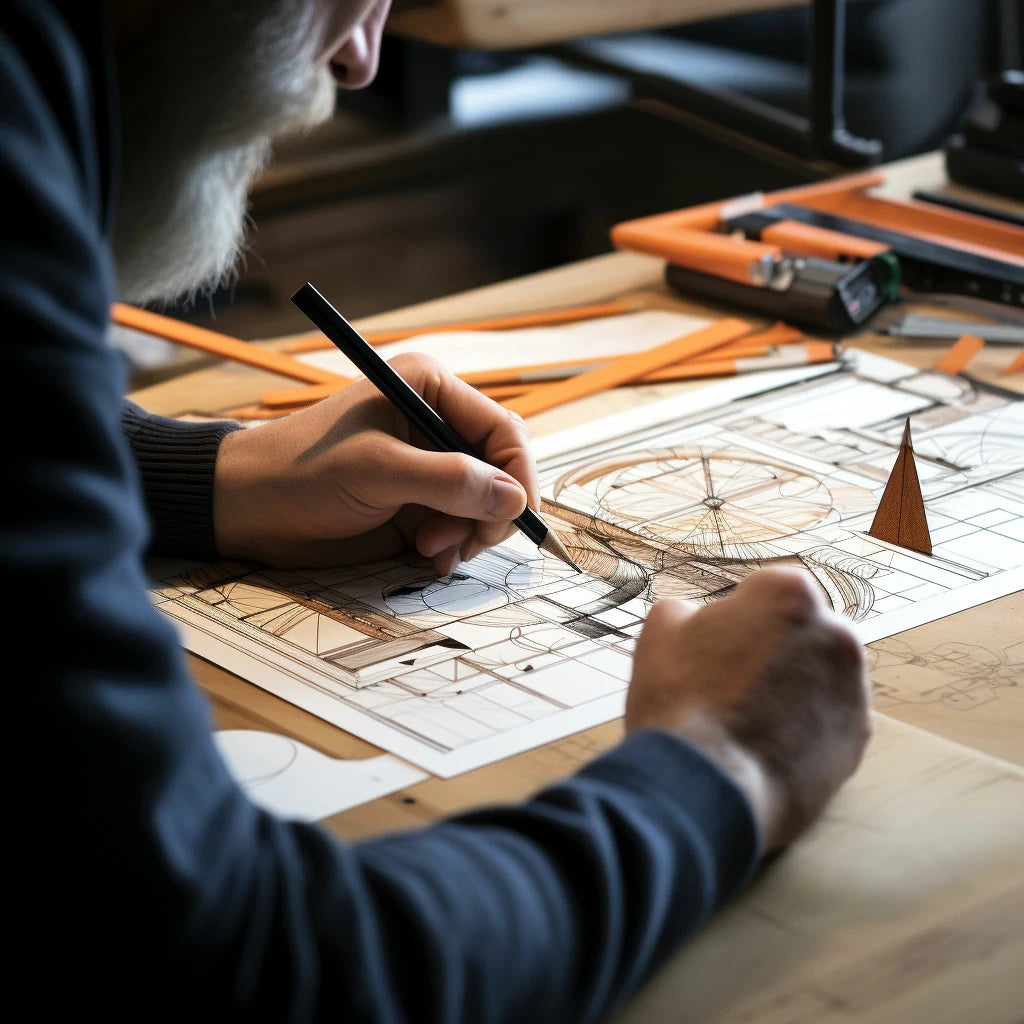 New Creative
New Creative
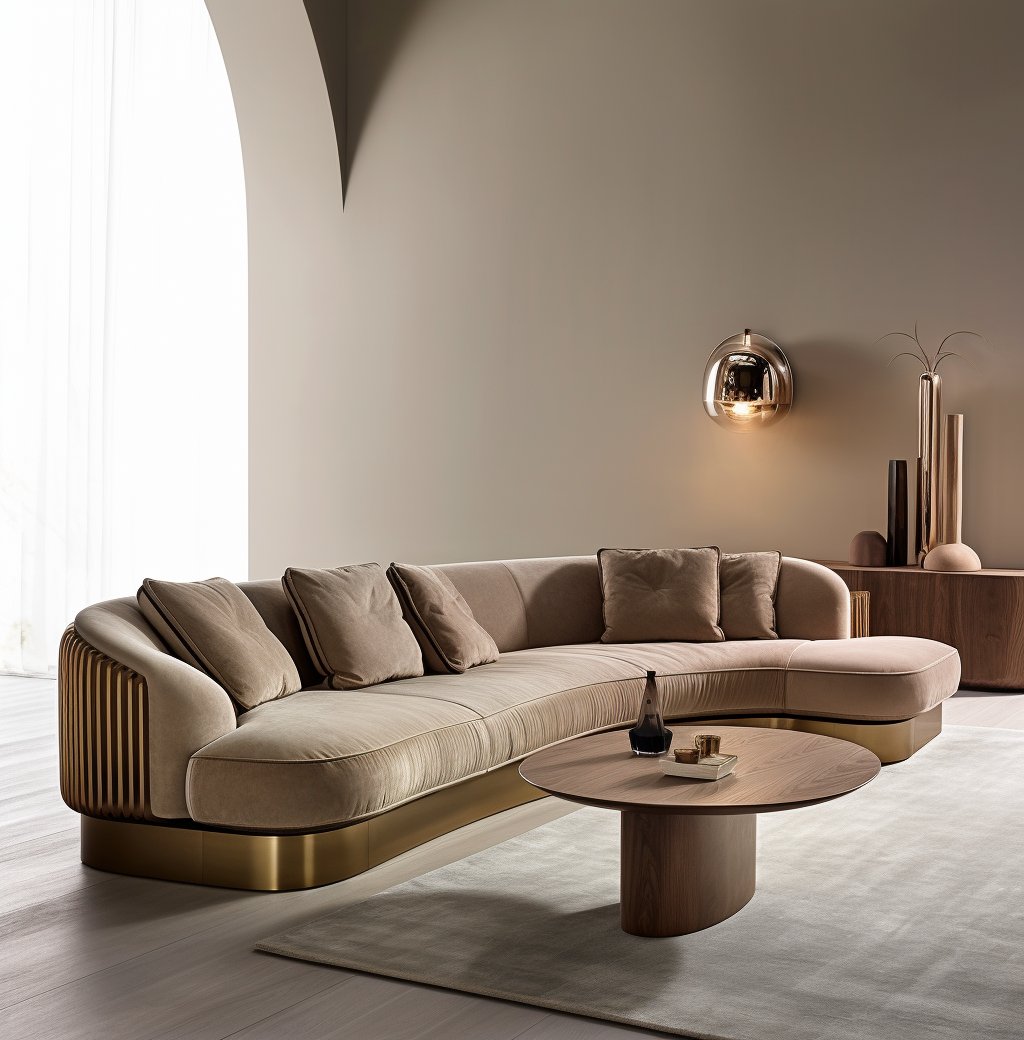 Best Sellers
Best Sellers
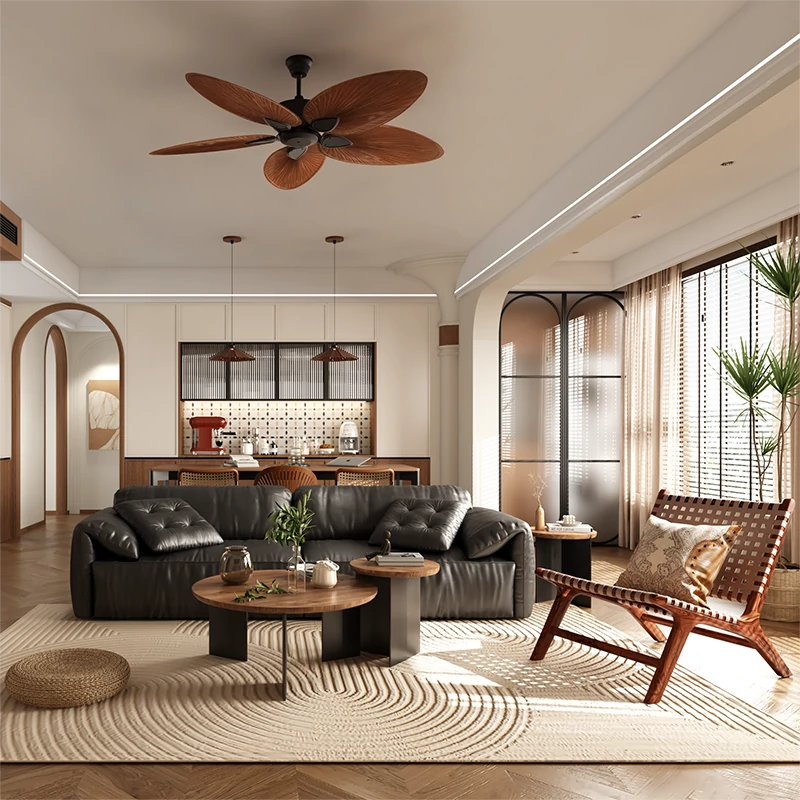 Shop The Look
Shop The Look
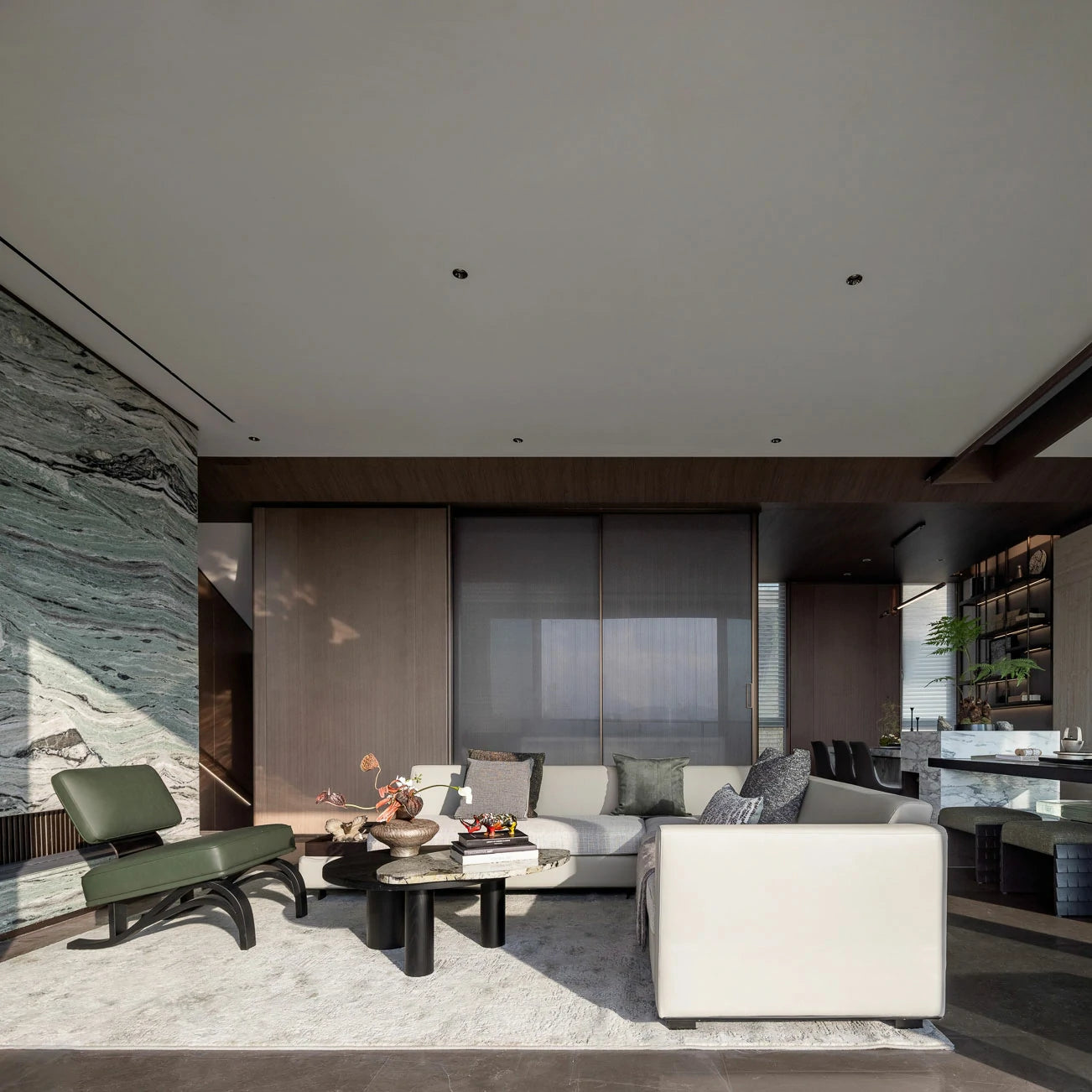 New Room
New Room
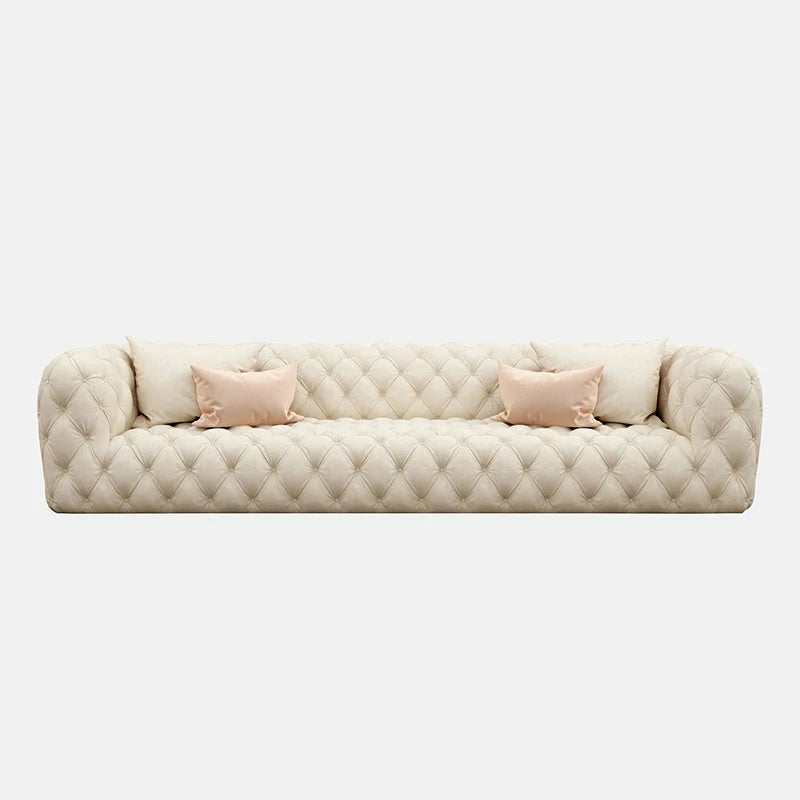 Sofas & Seating Systems
Sofas & Seating Systems
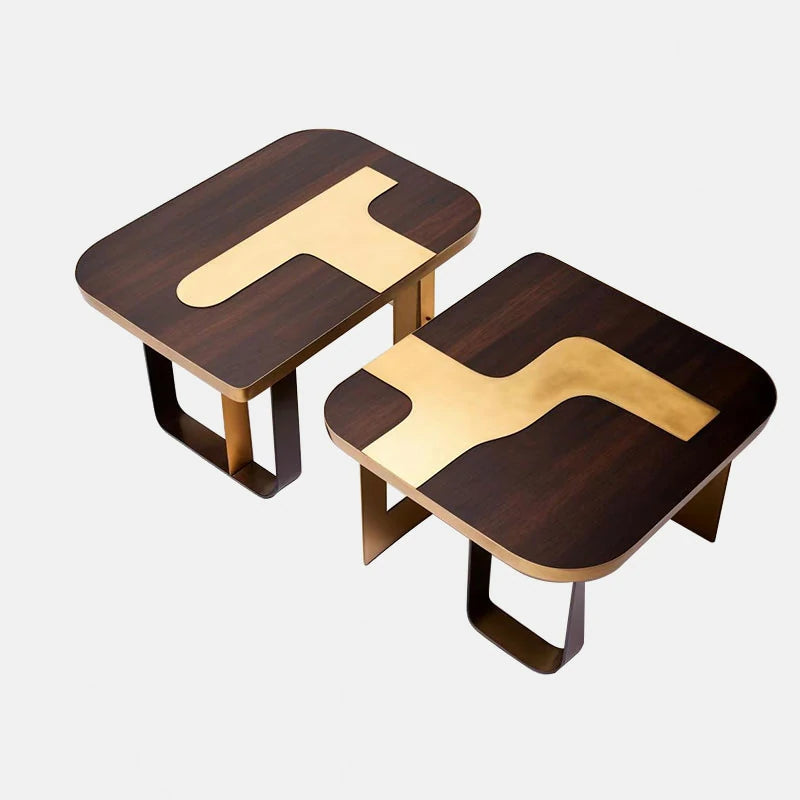 Coffeetables & Sidetables
Coffeetables & Sidetables
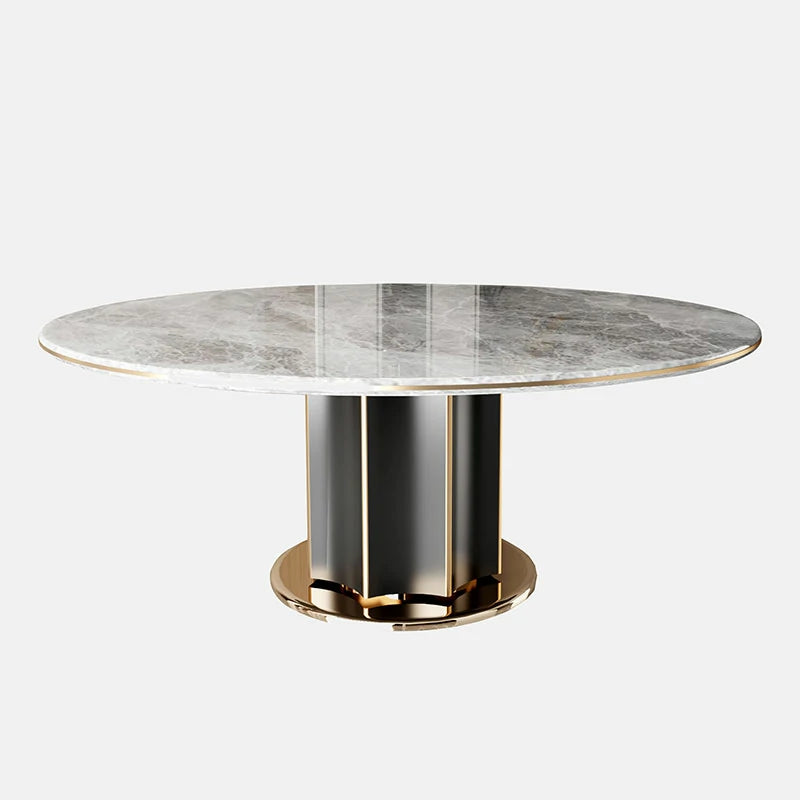 Tables
Tables
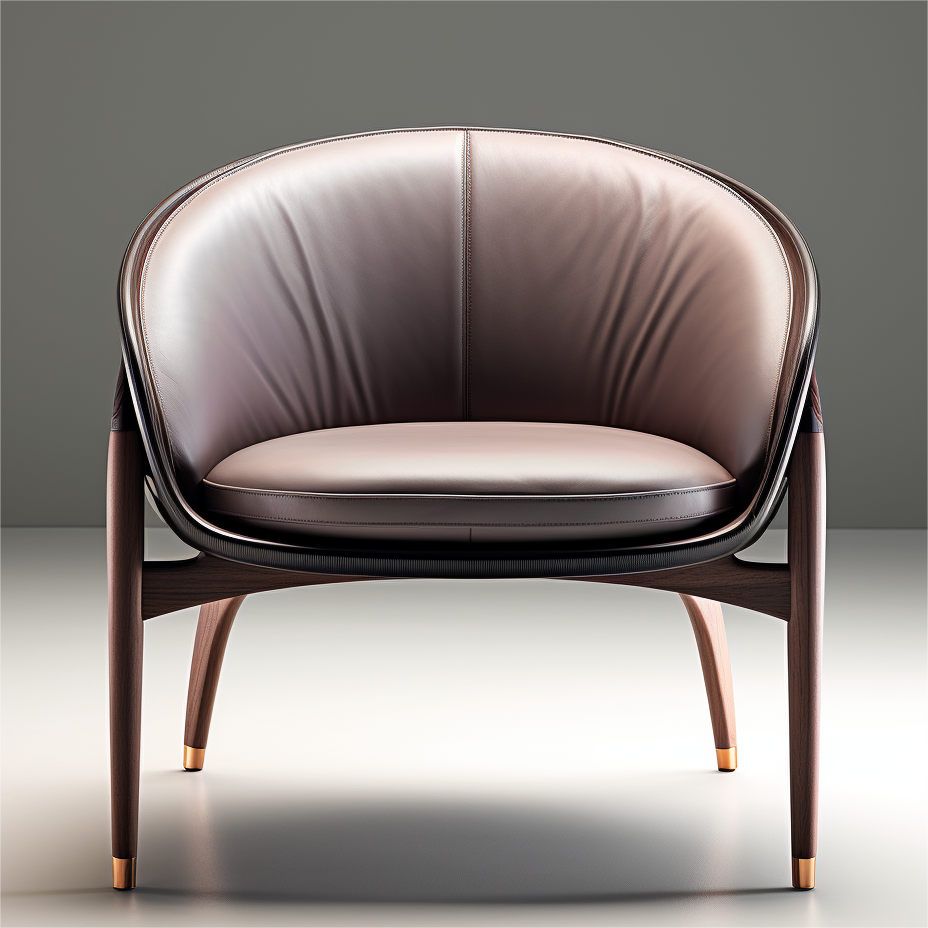 Chairs
Chairs
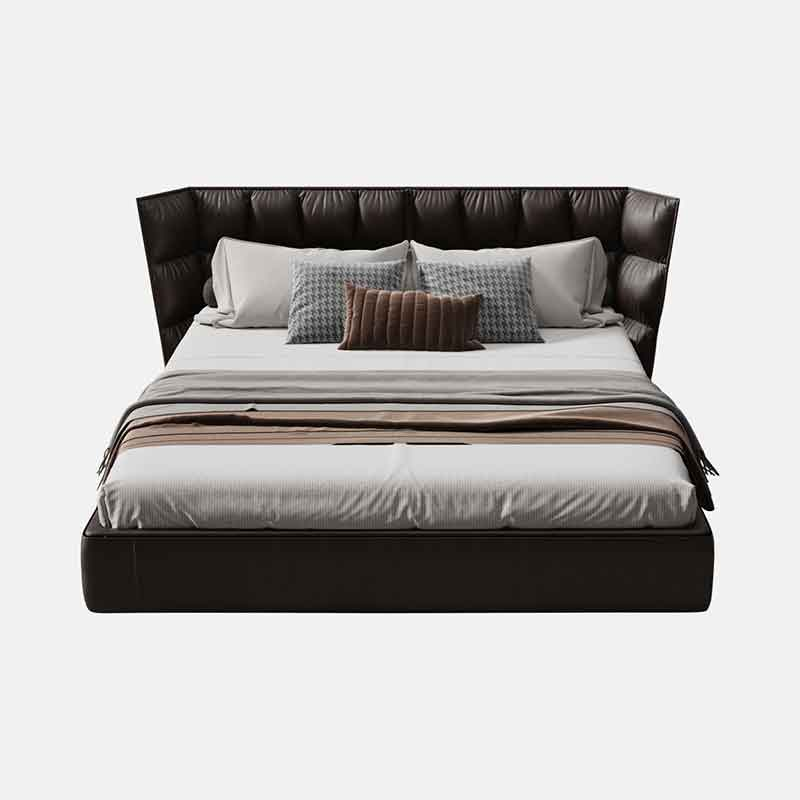 Beds
Beds
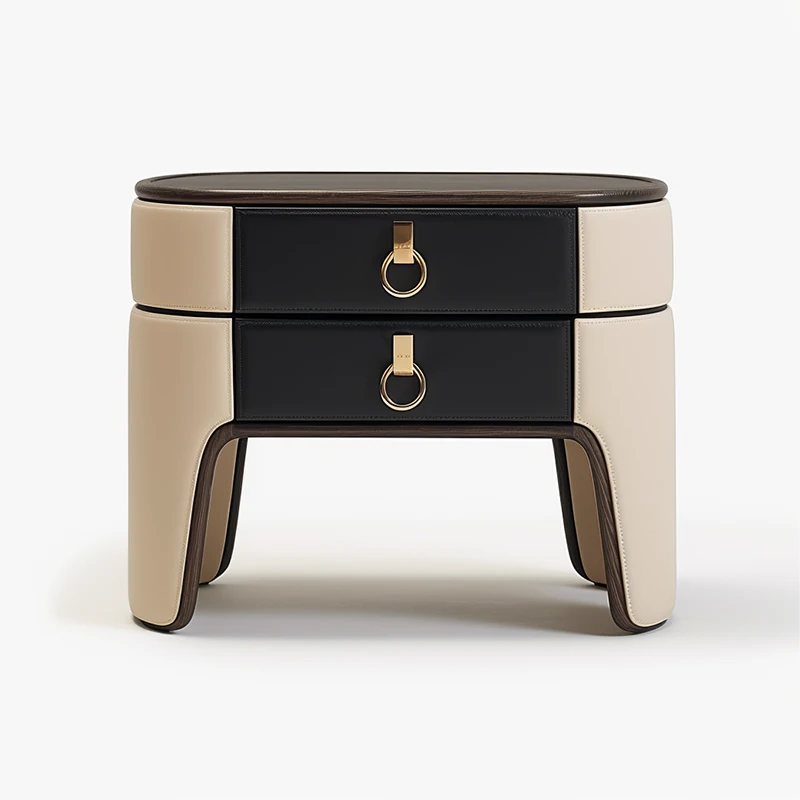 Nightstands & Vanities
Nightstands & Vanities
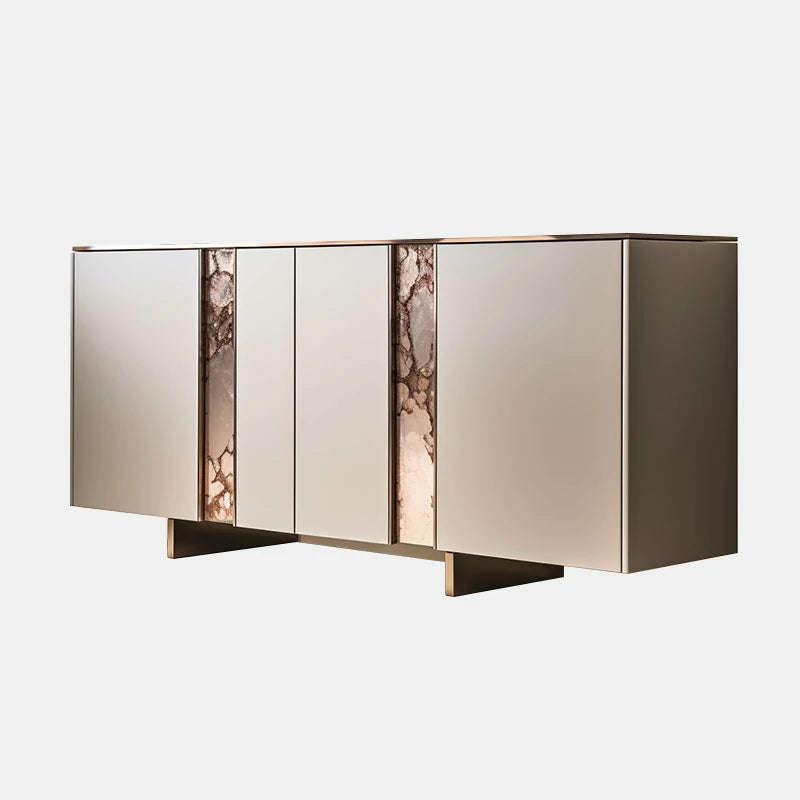 Sideboards & Bookcases
Sideboards & Bookcases
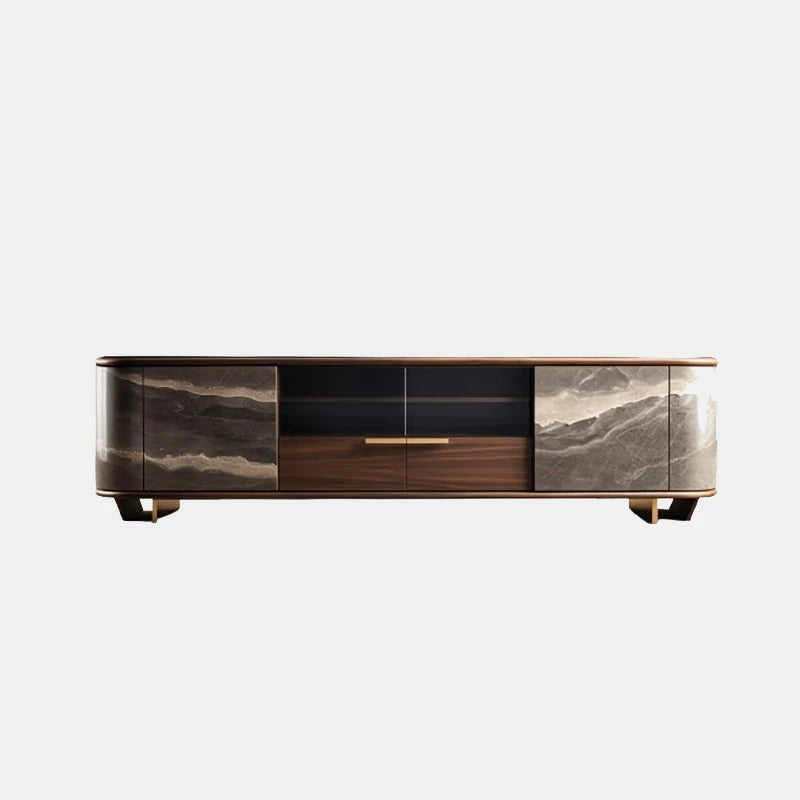 Console
Console
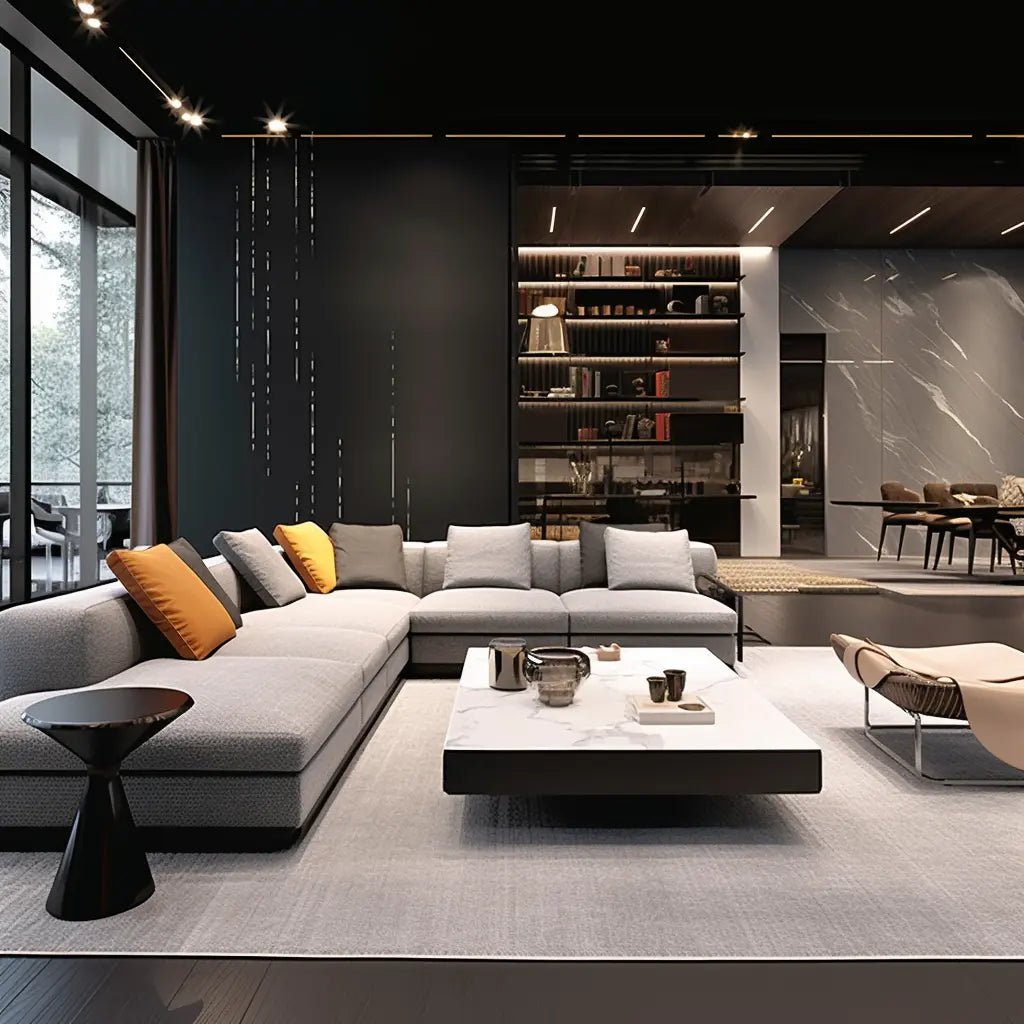 Livingroom
Livingroom
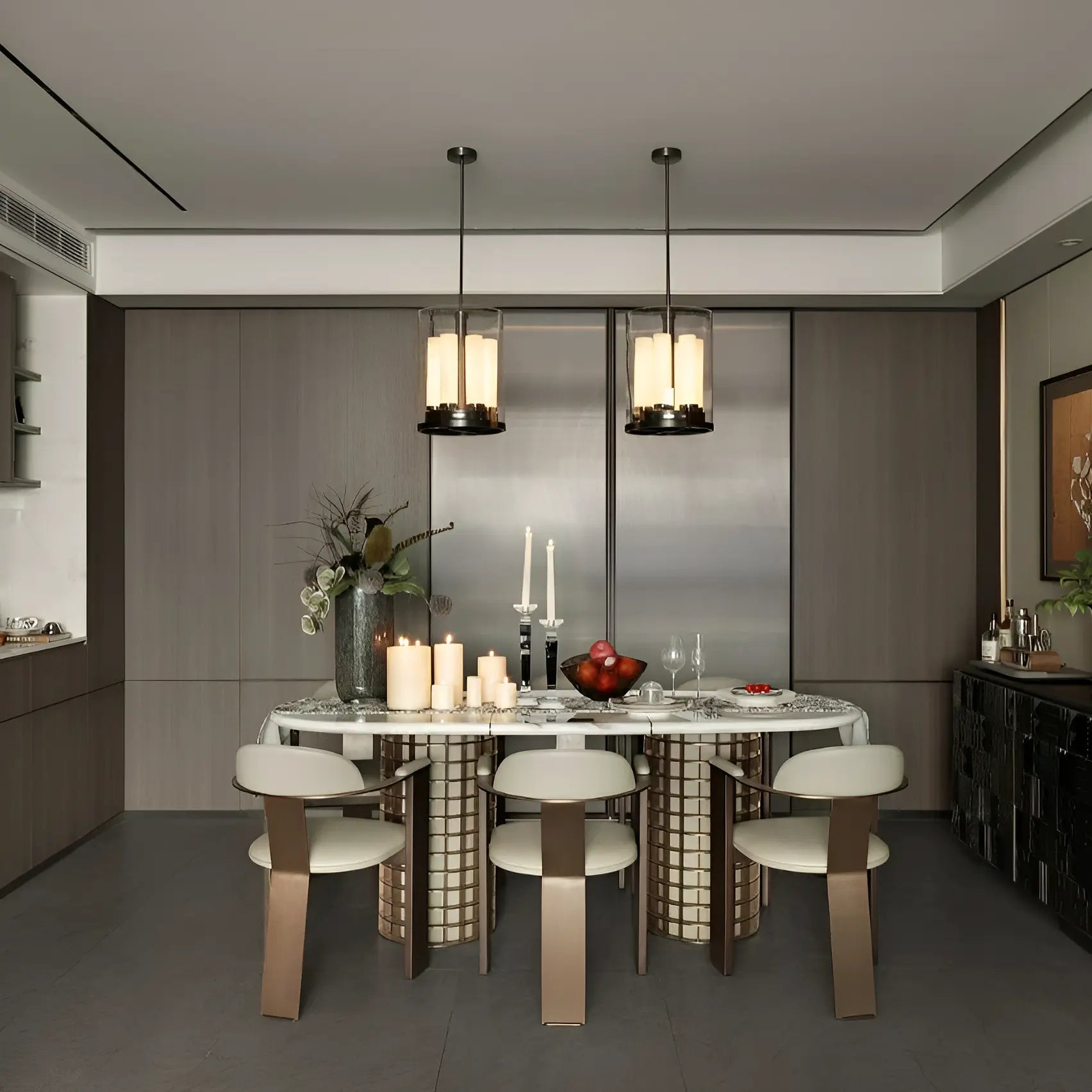 Diningroom
Diningroom
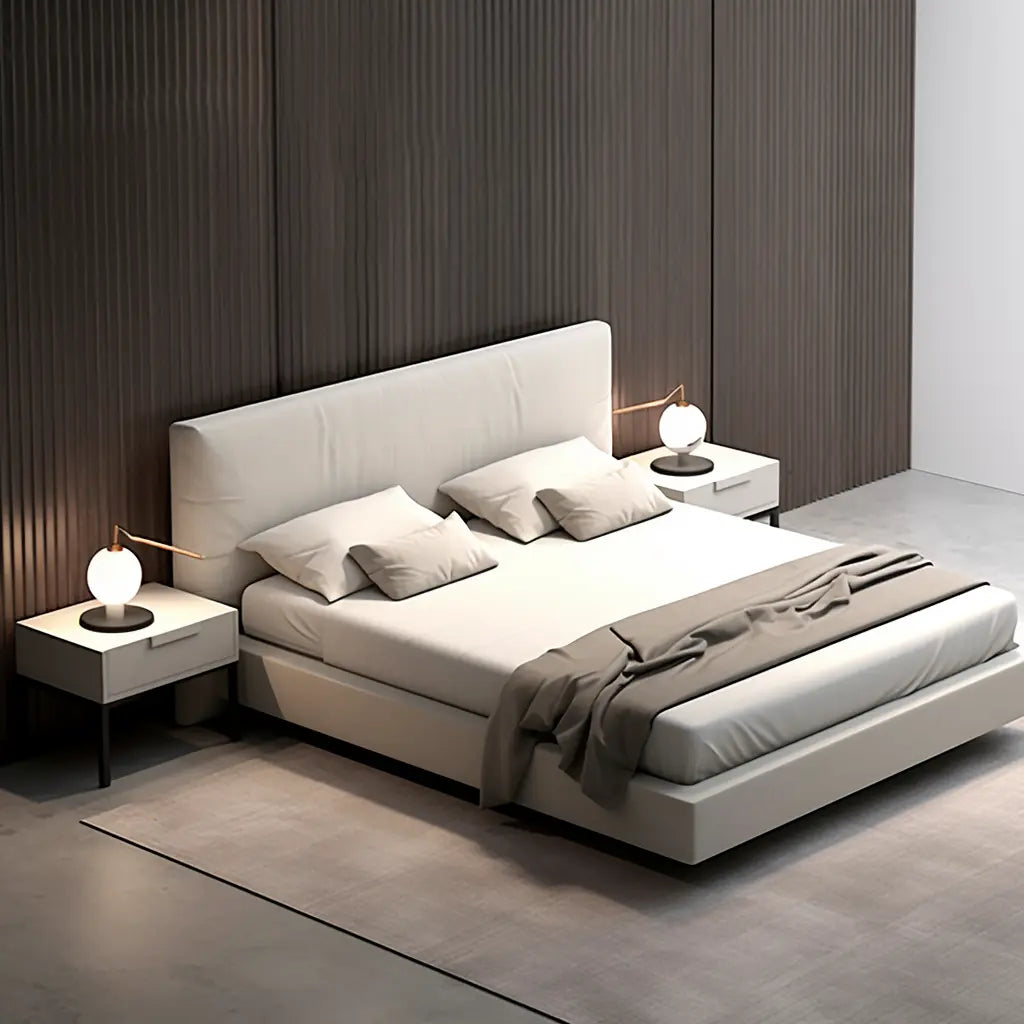 Bedroom
Bedroom
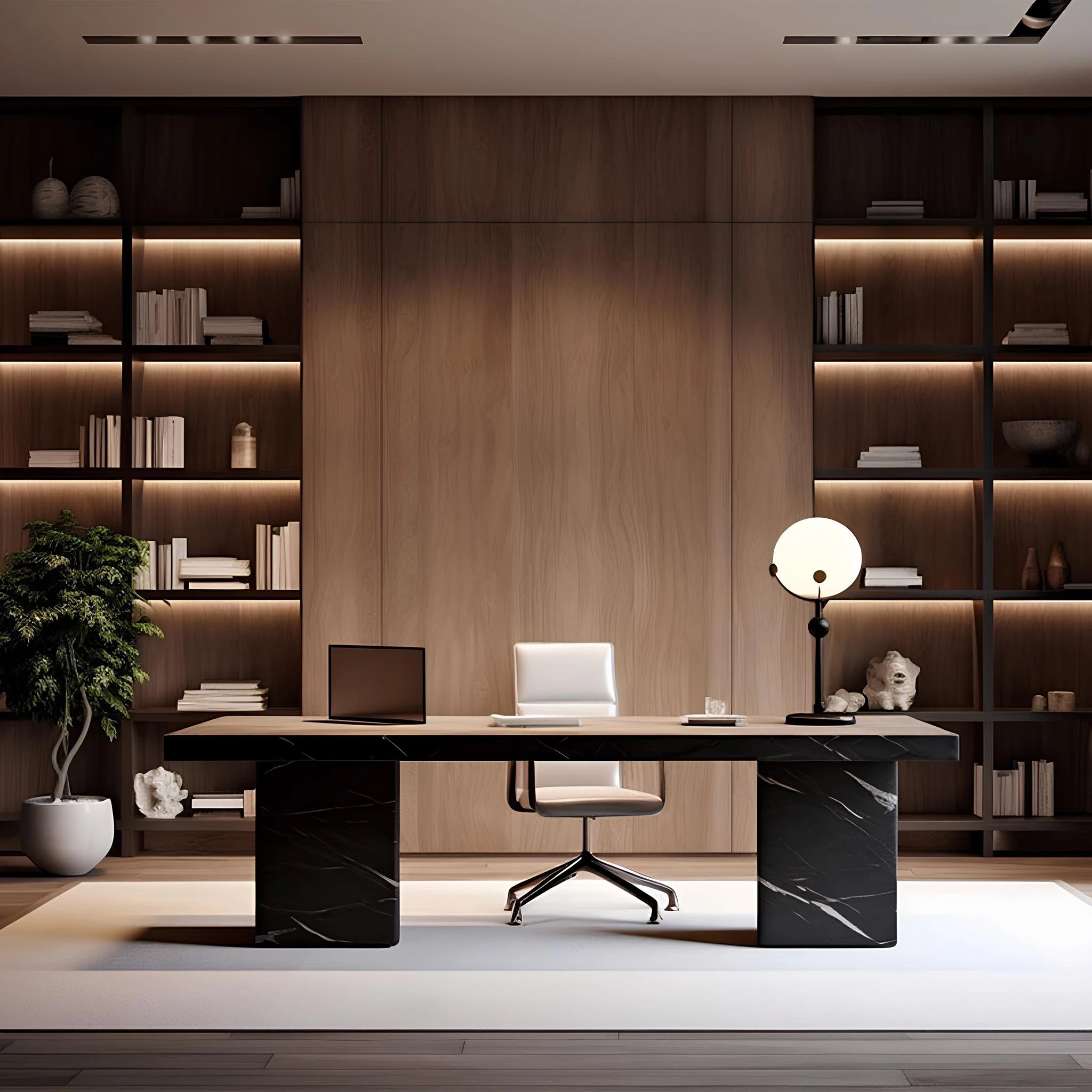 Officeroom
Officeroom
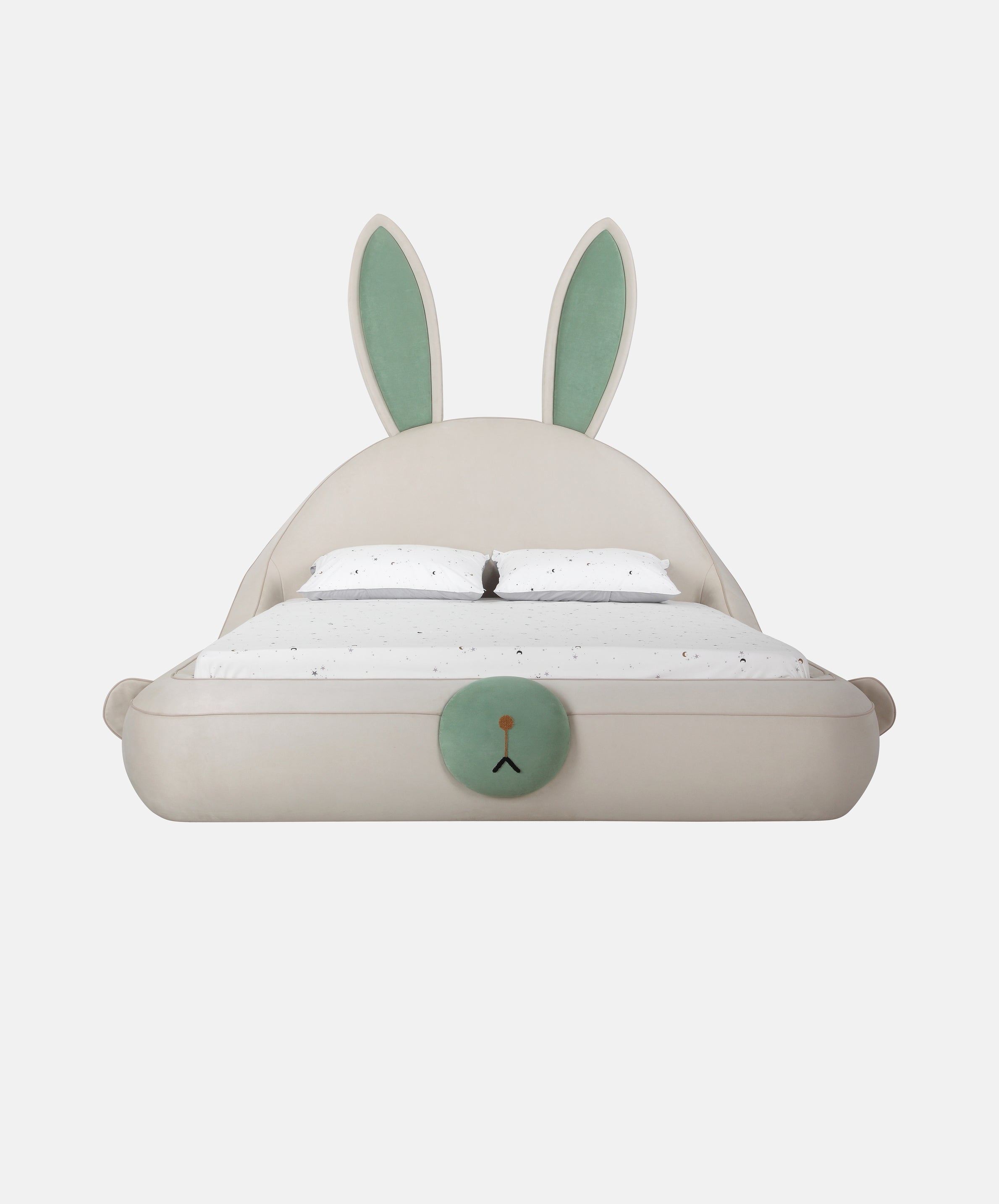 Cartoon & Children
Cartoon & Children


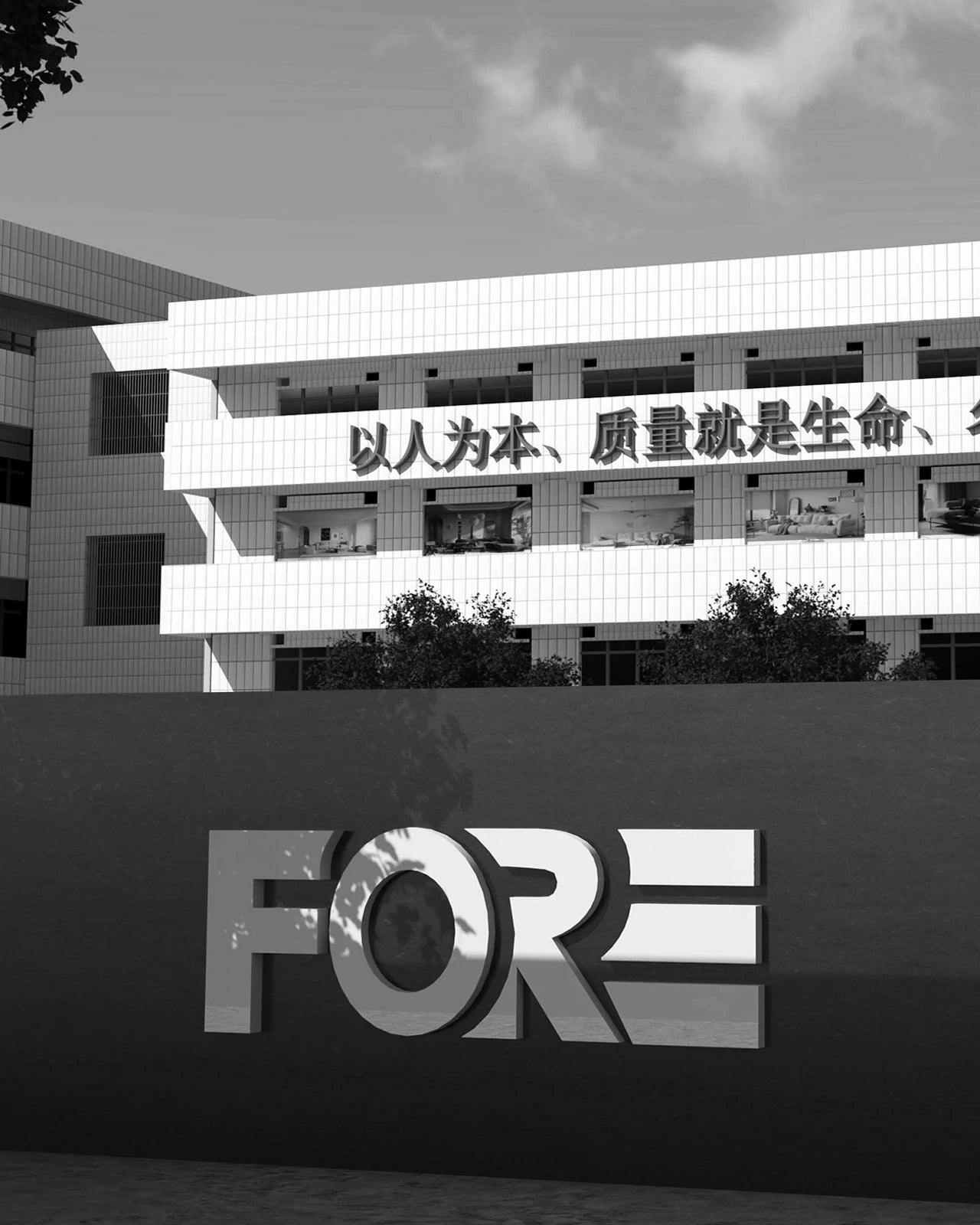
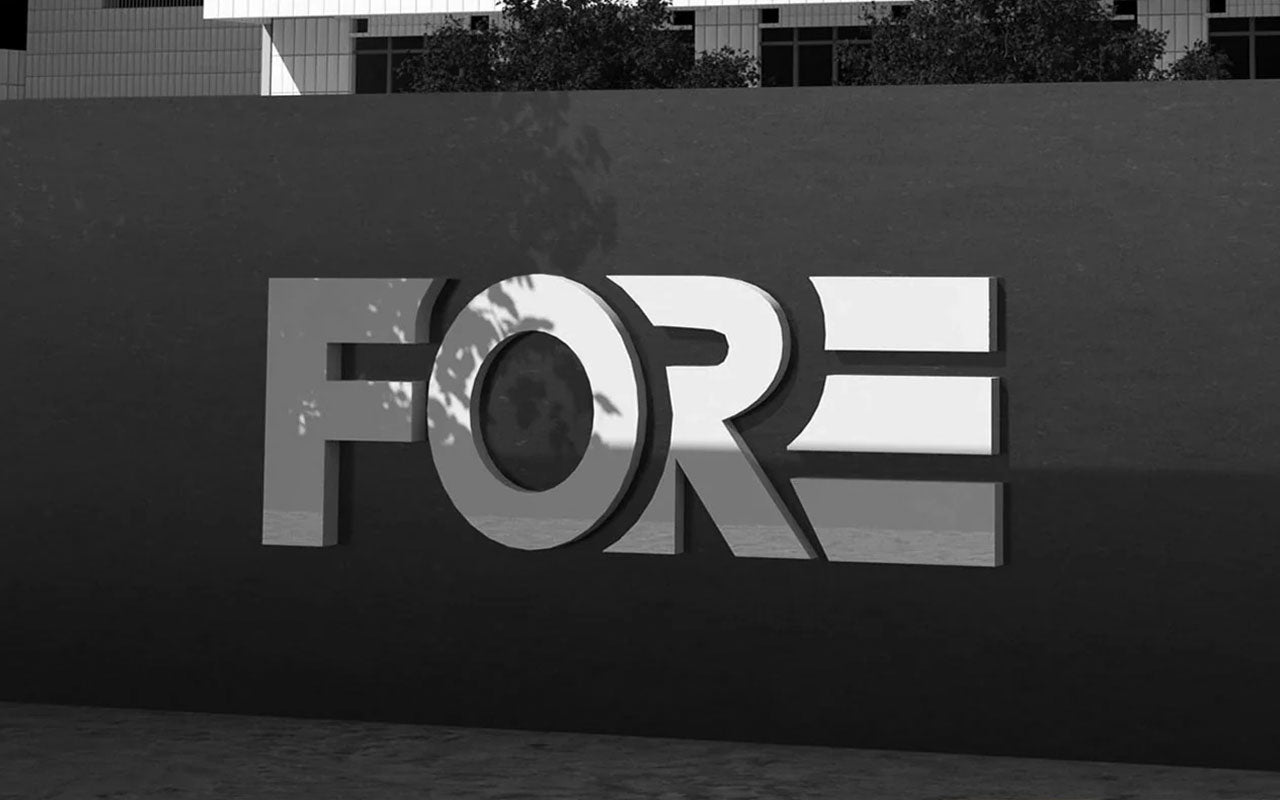
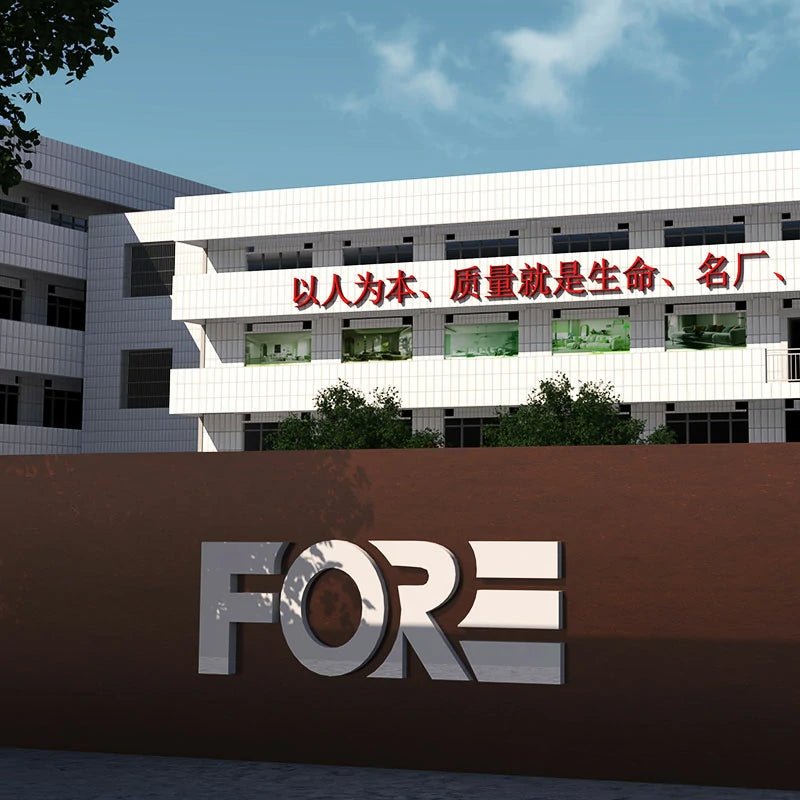 About Us
About Us
 Sustainability
Sustainability
 Gentle Wood and Soft Curves: An Ideal Home Scene
Gentle Wood and Soft Curves: An Ideal Home Scene
 The Philosophy of Life Around the Dining Table: Finding Peace Between Nature and Modernity
The Philosophy of Life Around the Dining Table: Finding Peace Between Nature and Modernity
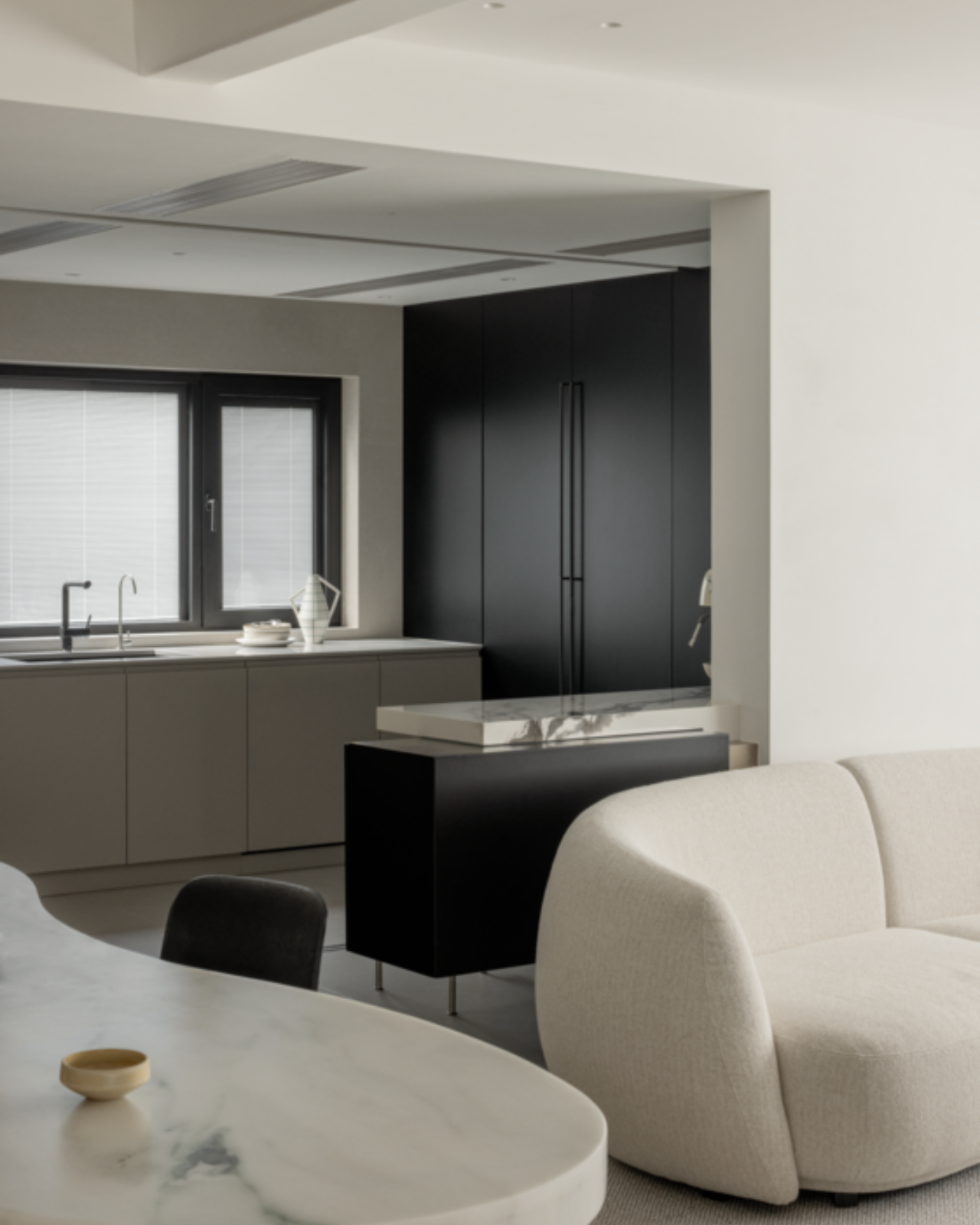 The Fusion of Comfort and Art: The Story of the Sofa at Home
The Fusion of Comfort and Art: The Story of the Sofa at Home


